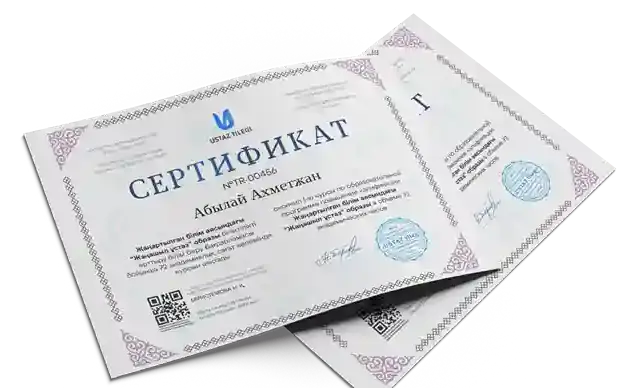| Unit 1 Homes and away (1)Unit of a long term plan unit1 | School: Lenin secondary school |
| Date: | Teacher name: Zharas Gabbasov |
| CLASS: 5 | Number present: | absent: |
| Lesson title: | Homes 1 |
| Learning objectives(s) that this lesson is contributing to (link to the Subject programme) | L1. Understanding sequence of supported classroom instructionsS7. Use appropriate subject- specific vocabulary and syntax to talk about a limited range of general topicsUE3. Use a growing variety of adjectives and regular and irregular comparative and superlative adjectives an a limited range of familiar general and curricular topicsW3 write with support factual descriptions at text level which describe people, places and objects |
| Lesson objectives | All learners will be able to:Name parts of yurt, understand vocabulary, describe placesMost of learners will be able to:Understand specific vocabulary |
| Assessment criteria | Say topic words with clear pronunciation. Say expressions clearly describe places and objects use adjectives in degrees |
| Language objective | Yurt , shanyrak, uwyk , a carcass |
Values links | To keep ,to increase and to hand down traditions and friendship between people |
| Cross-curricular links | art |
| Previous learning | Review |
| Plan |
Planned timings
| Planned activities (replace the notes below with your 9planned activities)
| Resources |
| Start5 min | Greetings,Good morning pupils! Who is on duty today? Who is absent? Teacher divides pupils in 2 groups with cards: “ Yurts’, “ Homes
|
|
| Middle20 min | L1 Task 1 Listen to and repeat attentively after teacher : a bedroom, a dining room, bathroom, a living room, a toilet, a study, a round-shaped , a shanyrak , a kerege ,a uwykL 1 Task 2 Match the pictures with the wordsYurt is a round-shaped, it consists of three main parts and many other smaller parts. Three main parts include Shanyrak – top of the Yurt, Kerege – walls carcass and Uwyk – a carcass part from Kerege to the Shanyrak. Yurt usually does not have rooms in it, and it was a common practice to have a separate YuYrt as a bedroom, separate one as a kitchen, guesthouse, etc as long as people could afford that.
Task 2 Find out which of these adjectives in positive degree, in comparative degree, in superlative degree 1 A building is bigger than yurt. 2. Yurt is smaller than a building.3. A house is modern.4. A living room is the most comfortable room in the house.5.Yurt is the oldest house.Descriptor: Learners find degrees of adjectivesW3 Task 4 Write things you remember from the textsYurt, kerege ,house ,shanurak .small ,beautiful ,modernBedroom, living-room ,comfortableDescriptor: Pupils write names of rooms ,describe of house
|
|
| End5min | Answer the question “ How can be a modern house?”
|
|
Additional information
|
| Differentiation – how do you plan to give more support? How do you plan to challenge the more able learners? | Assessment – how are you planning to check learners’ learning? | Health and safety check |
| Differentiation can be achieved through the selection of activities, identification olearning outcomes for a certain student, provision of individual support to learners, selection of learning materials and resources based on the individual abilities of leaners (Theory of Multiple Intelligences by Gardner). | Use this section to record the techniques that you will use to assess what the learners have learned during the lesson. | Health saving technologies.Using physical exercises and active activities.Rules from the Safety Rules book which can be applied in this lesson. |
Reflection
Were the lesson objectives/learning objectives realistic? Did all the learners achieve the lesson objectives/ learning objectives? If not, why?Did my planned differentiation work well? Did I stick to timings?What changes did I make from my plan and why?
| Use the space below to reflect on your lesson. Answer the most relevant questions from the box on the left about your lesson. |
|
|
Summary evaluation
What two things went really well (consider both teaching and learning)?
1:
2:
What two things would have improved the lesson (consider both teaching and learning)?
1:
2:
What have I learned from this lesson about the class or individuals that will inform my next lesson?
|











